

Do you want to unleash your child’s full potential and cultivate their love for learning? Look no further than DIY Montessori materials. These homemade educational tools can revolutionize your child’s education, fostering independence, concentration, and a genuine thirst for knowledge.
Imagine the thrill of watching your little one confidently discover the world around them, guided by personalized learning experiences tailored to their unique needs.
In this article, we’ll explore the multitude of benefits that come with creating your own Montessori materials and provide you with practical guides on making DIY toys, boards, mirrors, bookshelves, and even beds.
Get ready to witness the transformative effects of 29 DIY Montessori projects and unlock your child’s potential like never before.
[ This post probably contains affiliate links, our full disclosure policy is boring, but you can read it HERE ]
Benefits of DIY Montessori Materials
One of the key benefits of creating your own Montessori materials is the opportunity to personalize your child’s learning experiences.
By DIY-ing toys, boards, mirrors, bookshelves, and even beds, you can tailor each item to meet your child’s unique needs and interests. How amazing would it be to witness their excitement and curiosity as they interact with educational tools specifically designed for them?
Another advantage of making DIY Montessori materials is the sense of independence it instills in your child. By involving them in the process of creating their own learning tools, you empower them to take ownership of their education. They become active participants, capable of shaping their own educational journey. This hands-on approach not only enhances their problem-solving skills but also boosts their confidence in their capabilities.
The process of DIY can bring your family closer together. Engaging your child in crafting these educational resources fosters bonding moments and creates opportunities for meaningful moments. As you work together to build toys or set up a learning space, you can engage in discussions about the purpose and function of each item, encouraging their exploration of concepts and ideas.
In addition to the personal and familial benefits, DIY Montessori materials also offer financial advantages. Creating your own educational tools can be a cost-effective alternative to purchasing commercially available materials. You can often find affordable, sustainable materials around your home or within your community, reducing the need for costly purchases. By repurposing and upcycling materials, you not only save money but also teach your child the value of resourcefulness and environmental stewardship.
So roll up your sleeves, gather your supplies, and embark on a journey of discovery and growth with your child through the power of DIY Montessori materials.
RELATED: 15 Cute crafts ideas for kids and teens
RELATED: Kids playroom ideas
DIY Montessori toys
DIY Montessori toys give you the opportunity to customize the learning experience to suit your child’s specific needs. You can tailor the materials to their developmental stage, interests, and learning style.
Whether you’re creating sensory toys, puzzles, or counting games, each DIY Montessori toy can be designed with intention and purpose. This level of customization ensures that your child’s educational journey is tailored to their individual strengths and challenges, maximizing their learning potential.
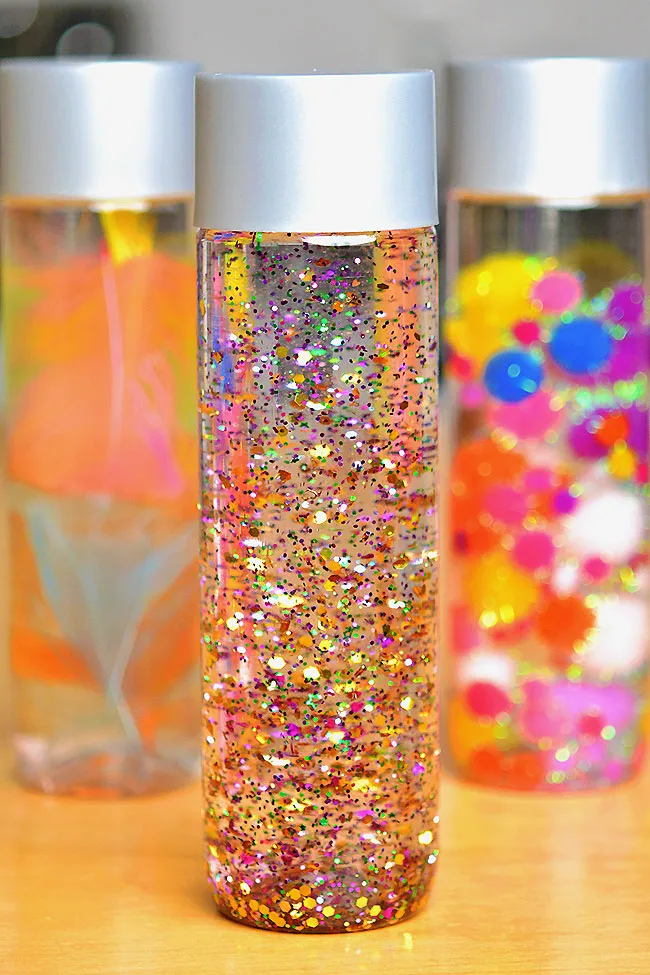
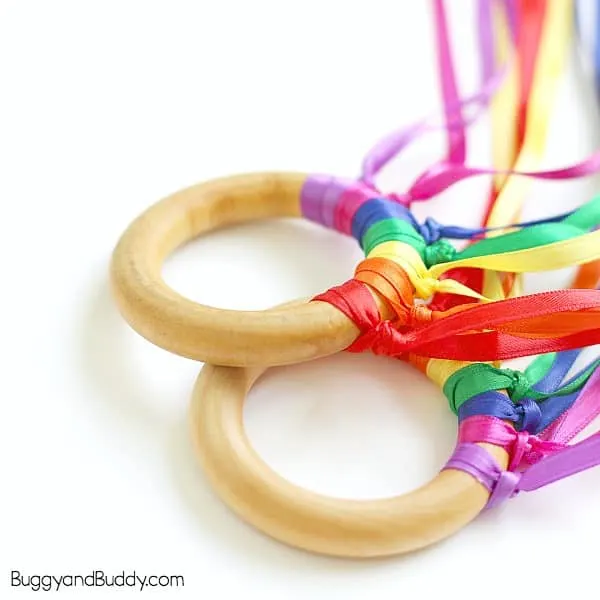
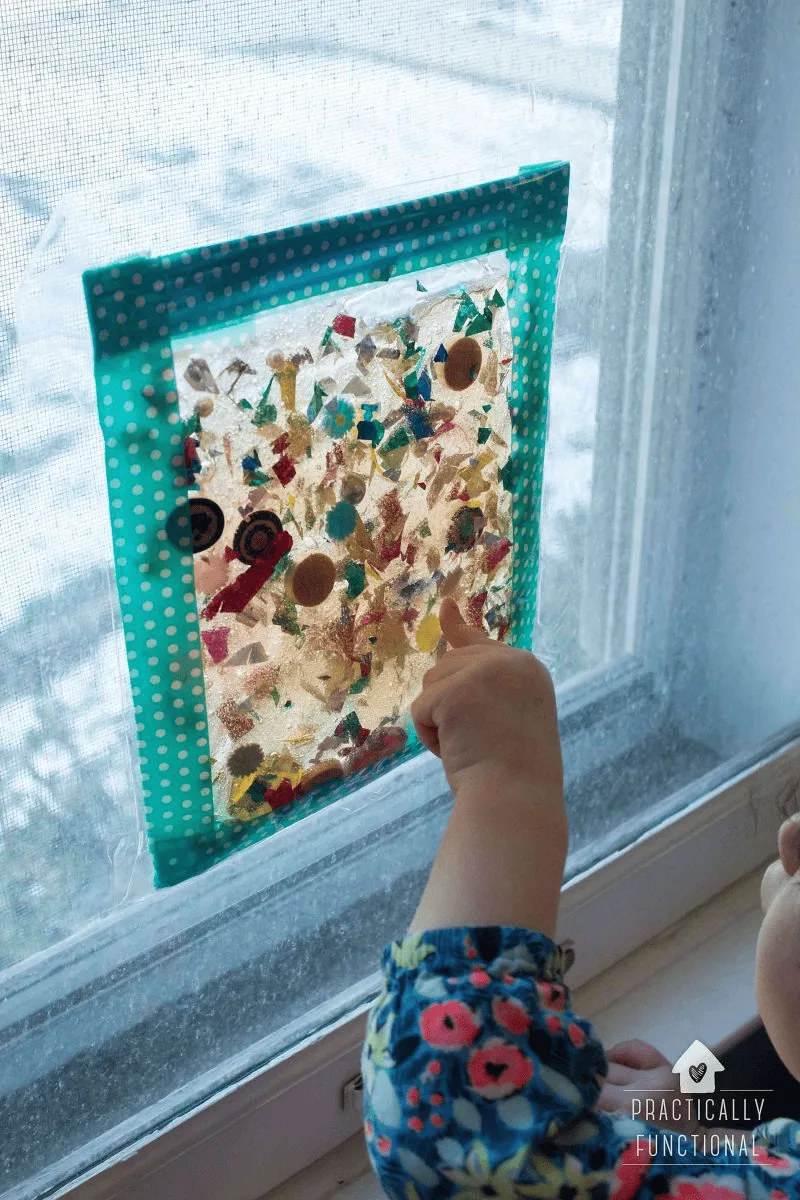
How to make sensory bag for baby and toddlers
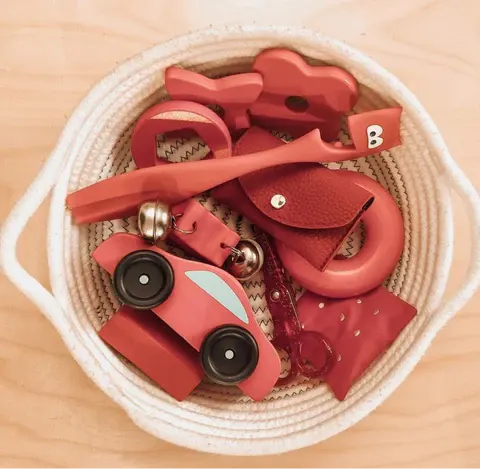
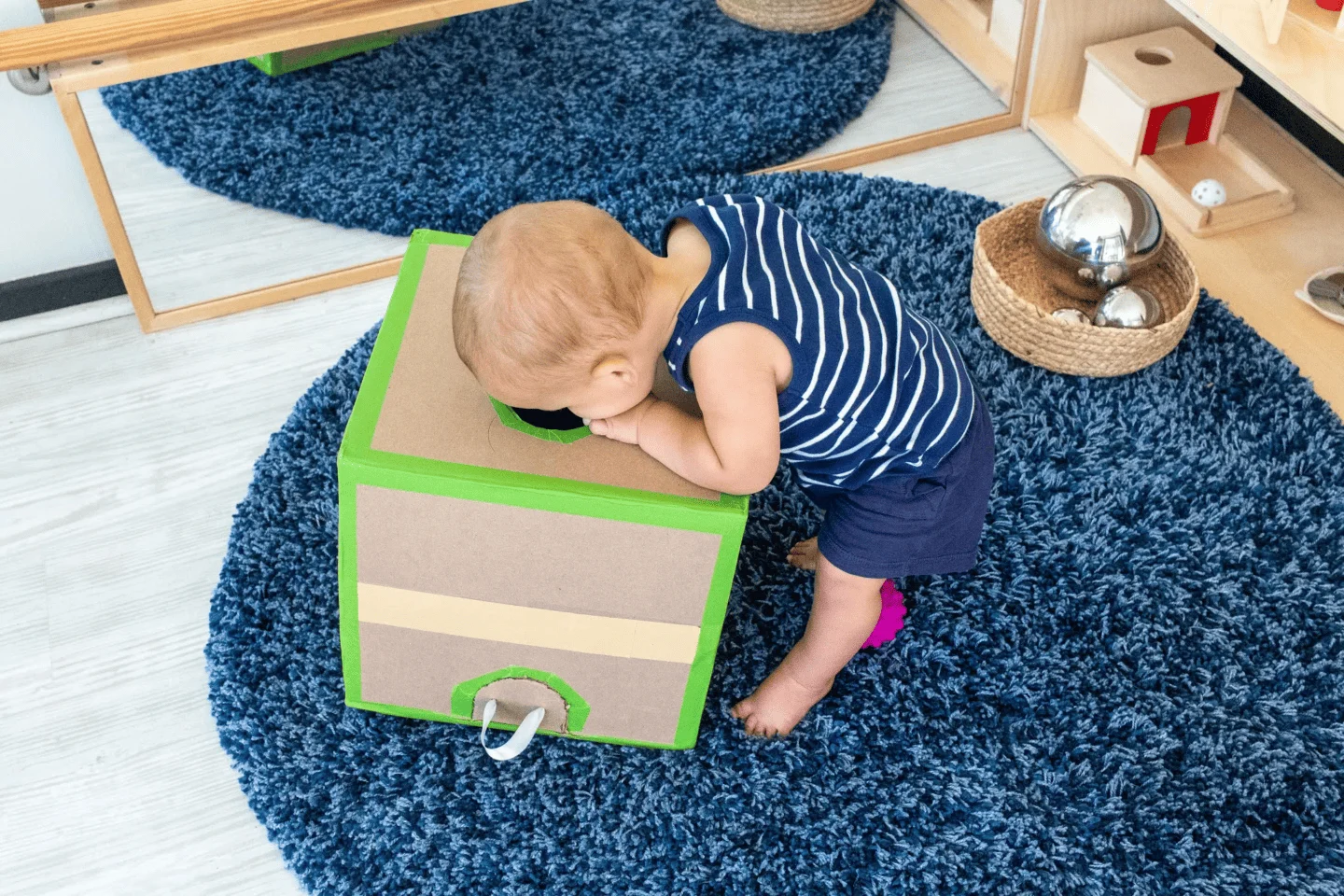
Giant object permanence box DIY
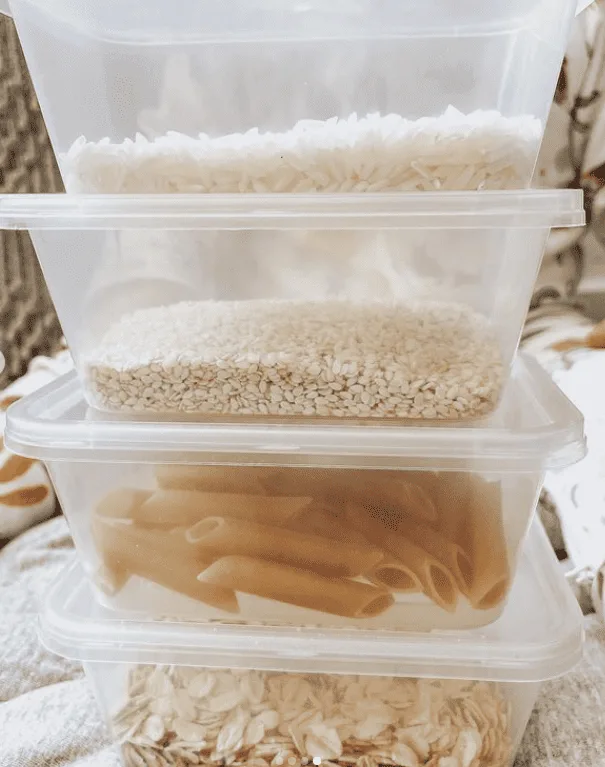
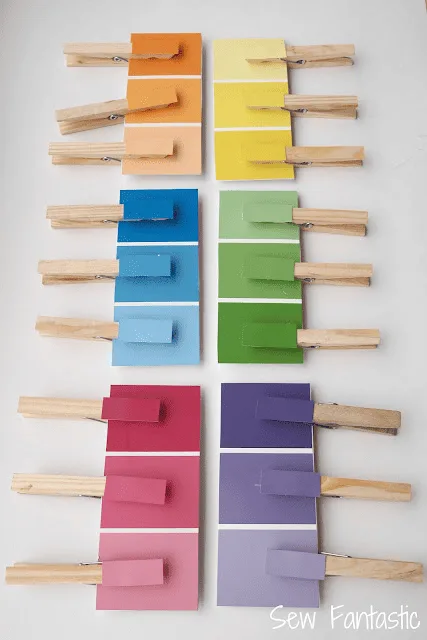
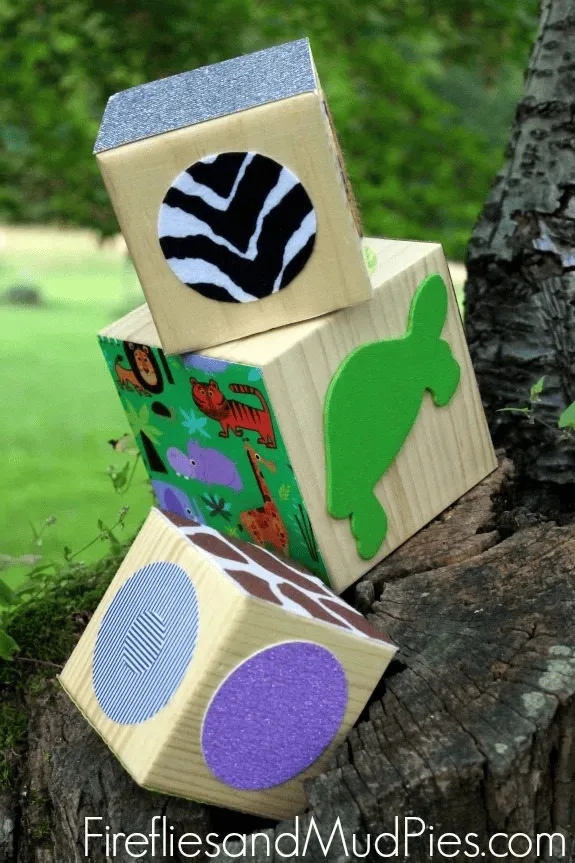
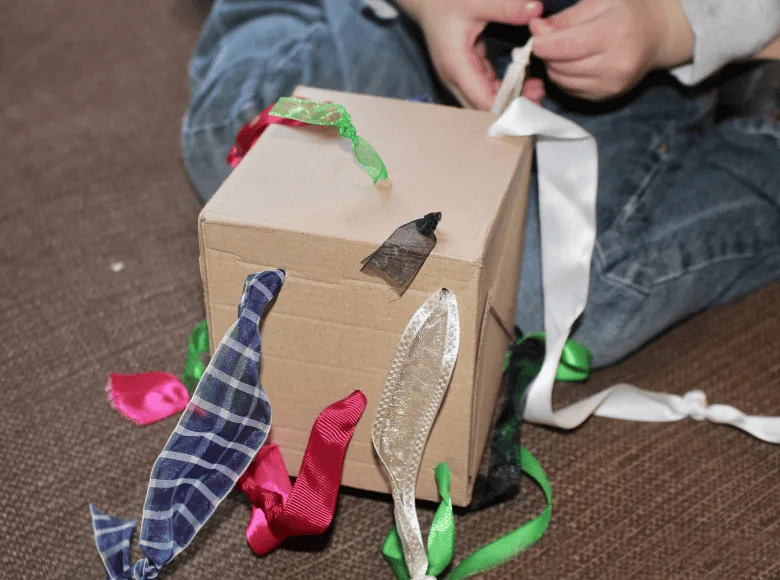
Make a tugging box for fine motor development
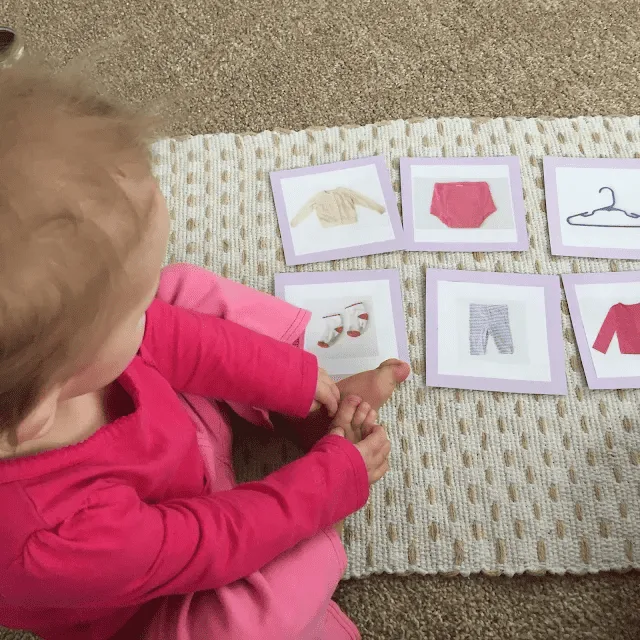
DIY Classification cards (Free printable)
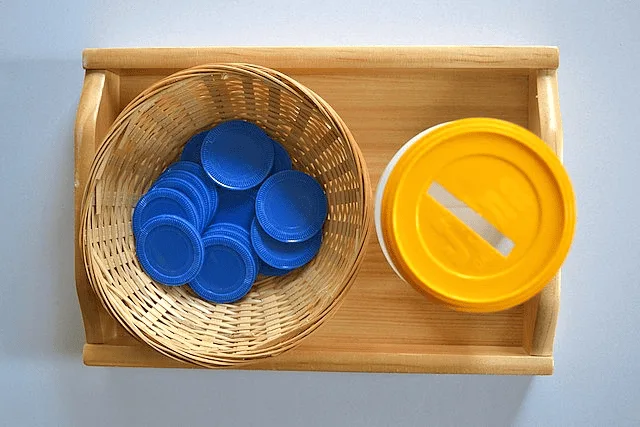
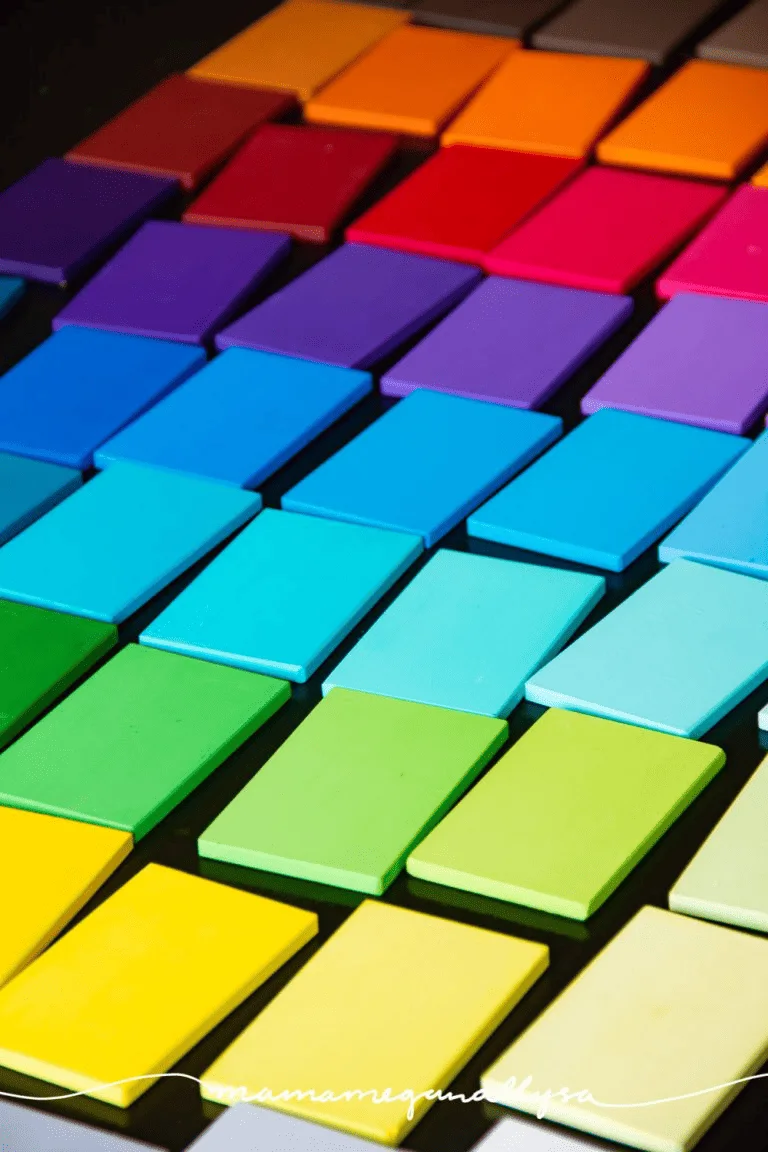
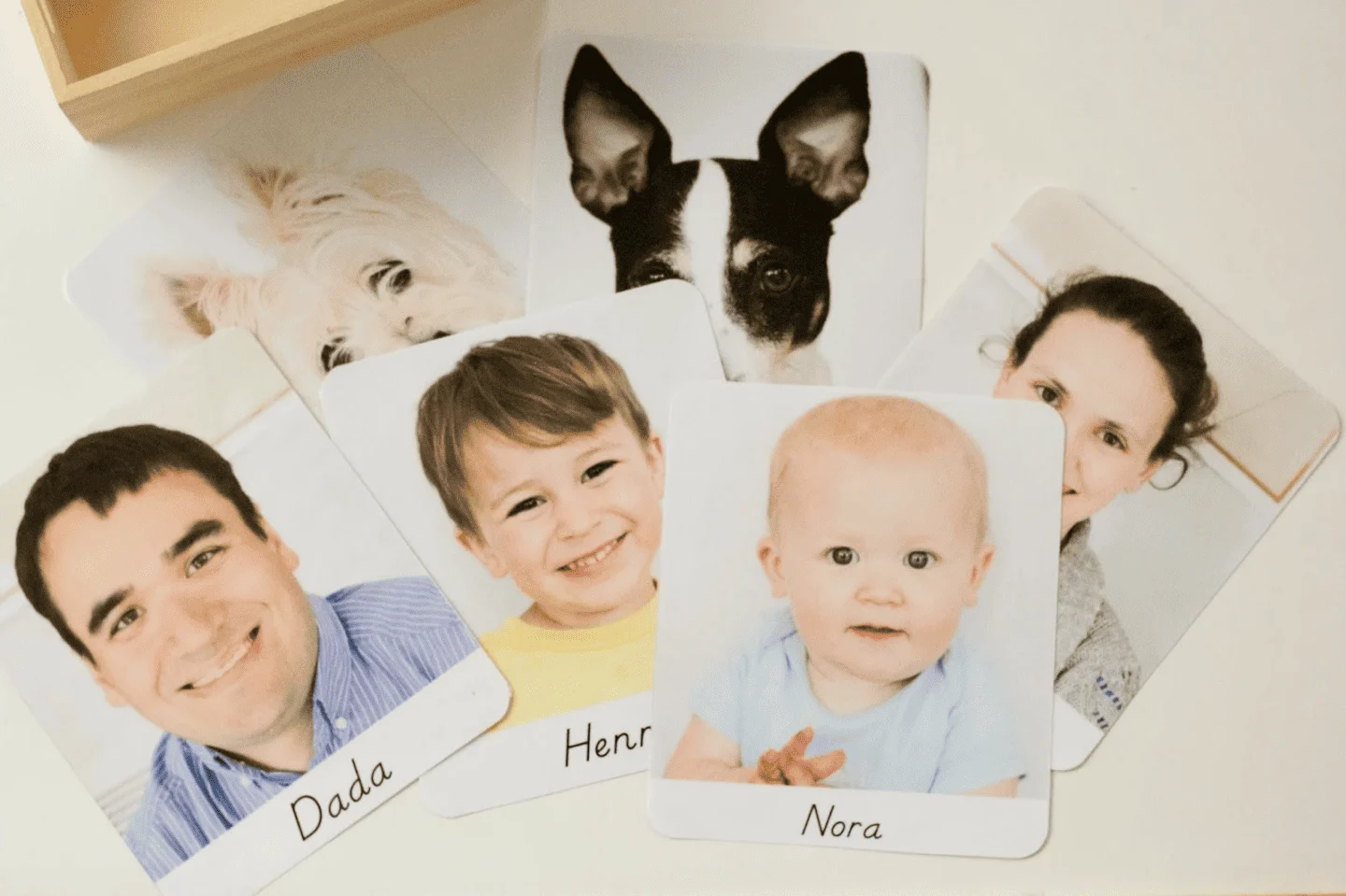
DIY Busy Board
DIY busy boards are a versatile and engaging learning tool that can further enhance your child’s educational journey.
What makes Sensory Boards so appealing? These activity centers are not just any children’s toys, but rather, they are made with everyday items found in your home. From zippers and latches to knobs and handles, the possibilities are endless.
The recipe for a great busy board is simple: just combine a board with fun and busy items, find a way to attach them, and add your child into the mix.
The best part is that you can easily create your own board with spare items lying around in your home and customise it to your child’s interests.
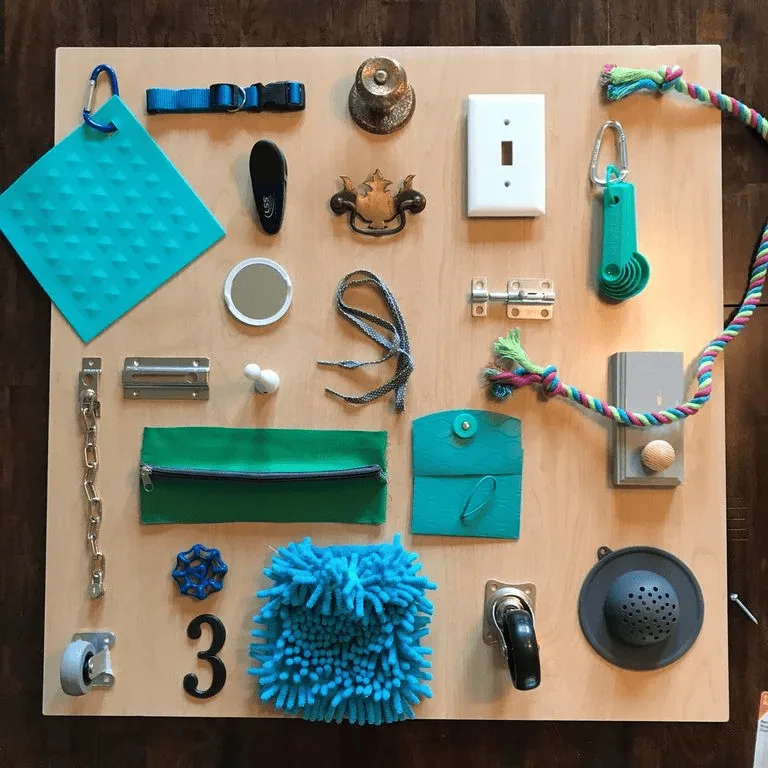
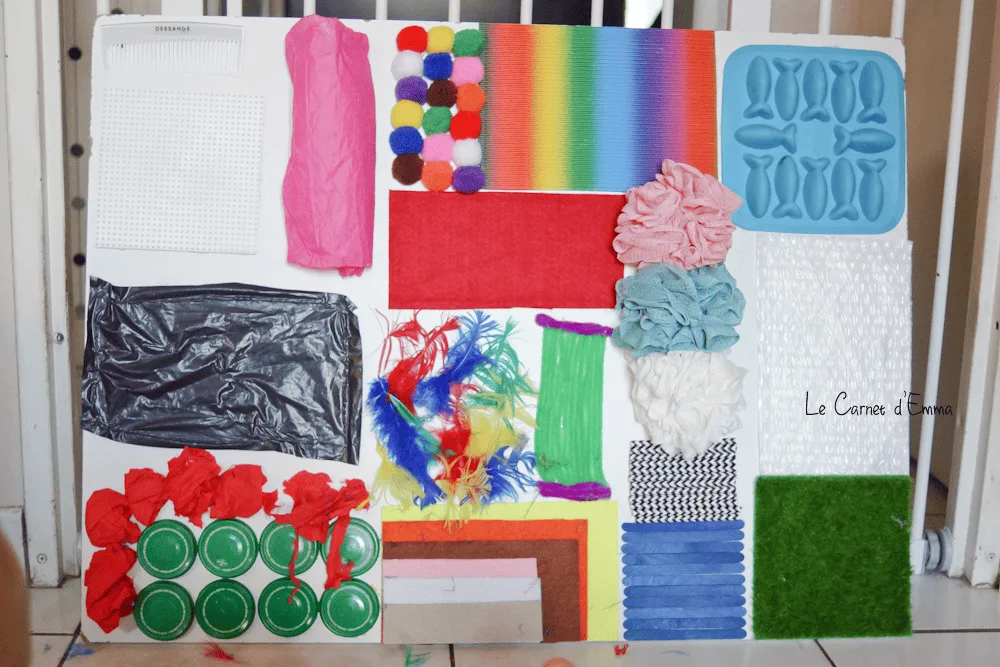
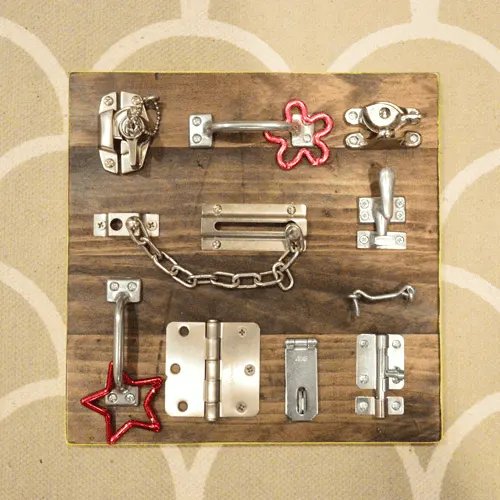
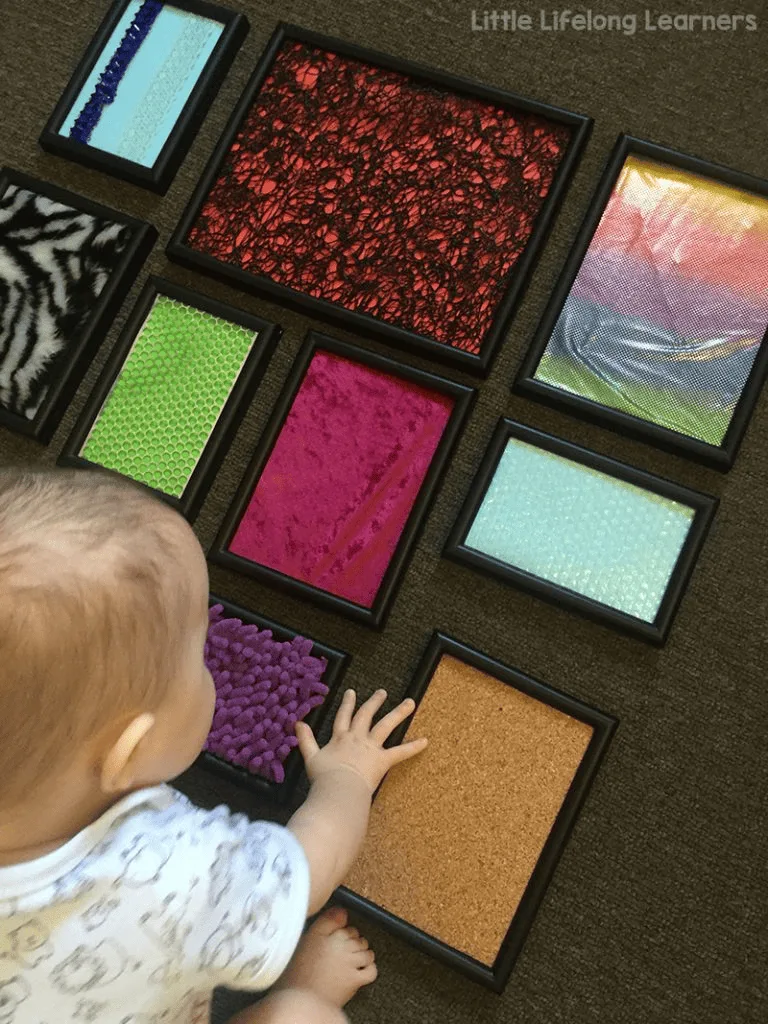
The Montessori Mirror: Reflecting Boundless Learning Opportunities
Just as the DIY Montessori toys lets your child explore the world through their senses, the Montessori mirror opens up a whole new dimension of self-discovery and growth. It’s not just a piece of reflective glass—it’s a tool that encourages your child to cultivate self-awareness, develop fine motor skills, and foster a deeper understanding of their place in the world.
When your child looks into the mirror, they are greeted by their own reflection, a familiar face staring back at them. This simple act of self-recognition sparks their curiosity and invites them to explore their own features—an eyebrow to be raised, a nose to be scrunched, or a smile to be mirrored.
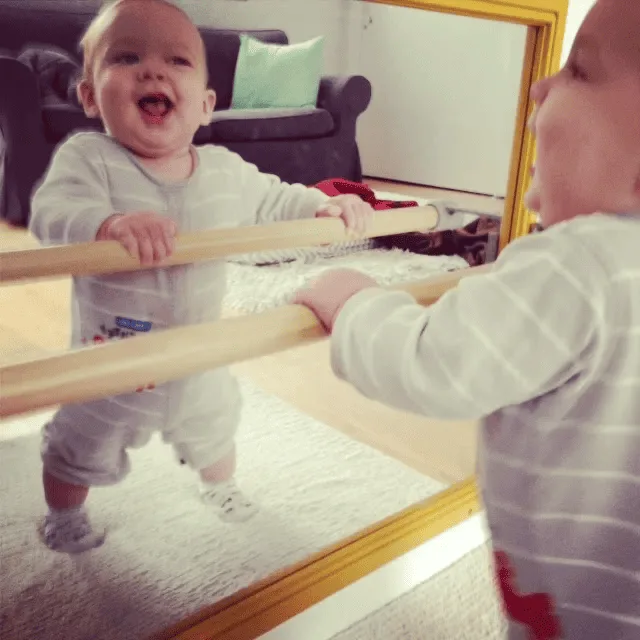
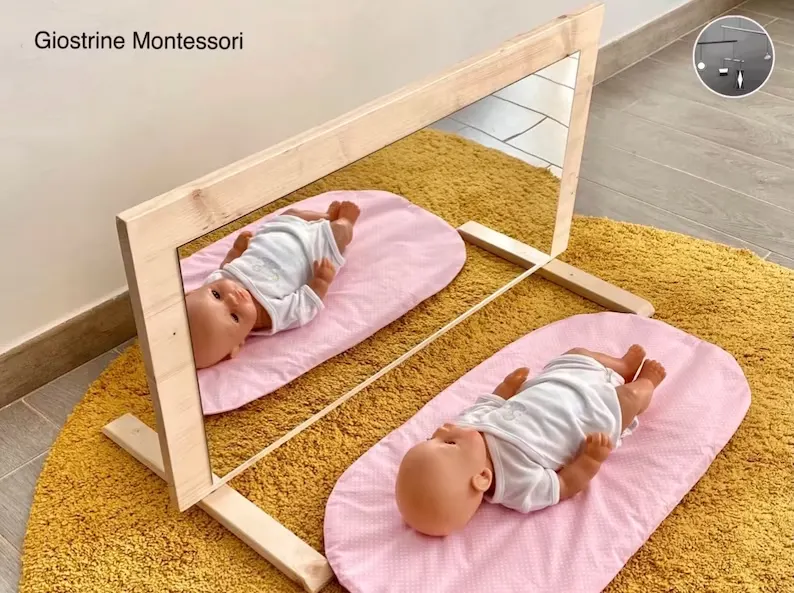
How to make a Montessori bookshelf
Creating a Montessori bookshelf is a simple yet effective way to enhance your child love for reading and exploration. A bookshelf holds a world of possibilities for your child’s educational journey. It becomes a dedicated space for them to engage with books, develop language skills, and cultivate a passion for learning.
When designing a Montessori bookshelf, it’s important to consider a few key principles. First and foremost, the bookshelf should be child-sized, allowing your little one to easily access and explore the books independently. This promotes a sense of autonomy and empowers them to make choices about what they want to read.
Additionally, organizing the books on the shelf in a visually appealing and accessible manner is essential. You can use simple dividers or baskets to categorize books by topic, genre, or difficulty level. This not only helps your child find books of interest but also encourages them to take ownership of their learning by selecting books that align with their individual interests and abilities.
Another important aspect to consider is the selection of books themselves. Montessori materials emphasize real-life experiences and nature, so incorporating books that reflect these themes can be beneficial. Look for books that feature diverse characters, explore different cultures, and encourage empathy and understanding. By doing so, you’re not only expanding your child’s knowledge but also fostering a sense of inclusivity and respect for others.
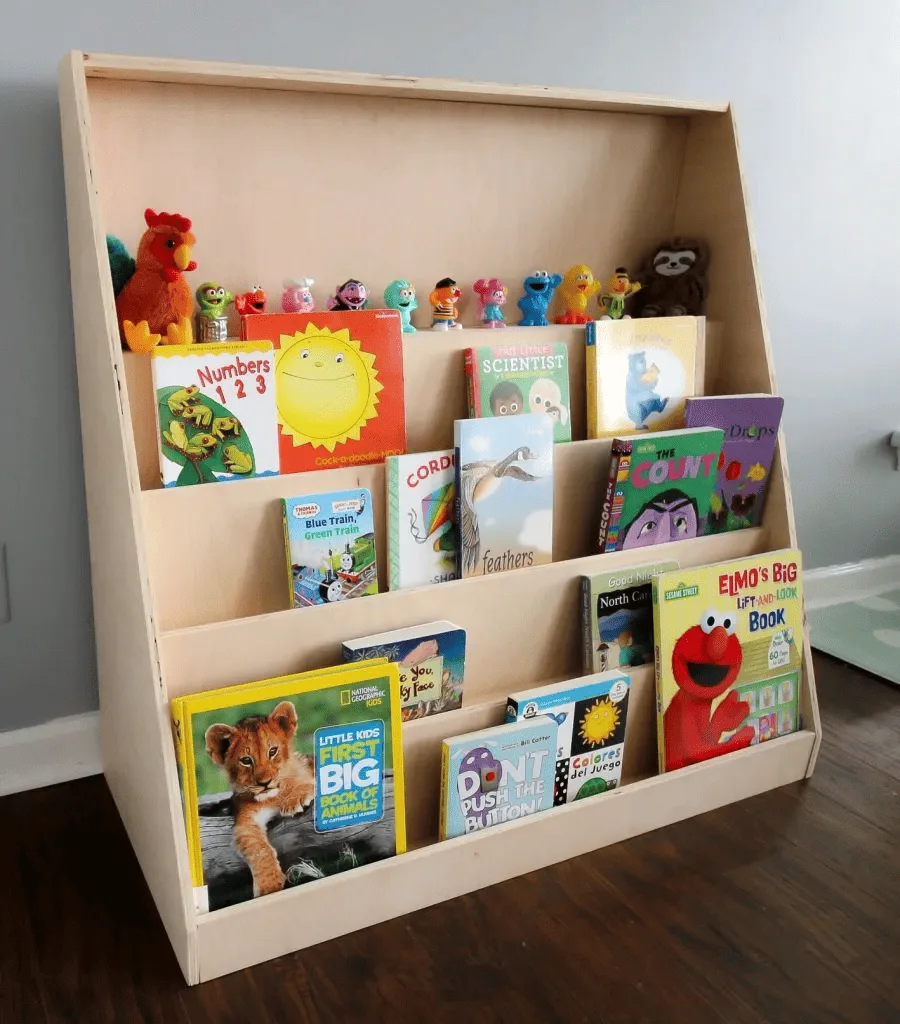
DIY Montessori front facing bookshelf
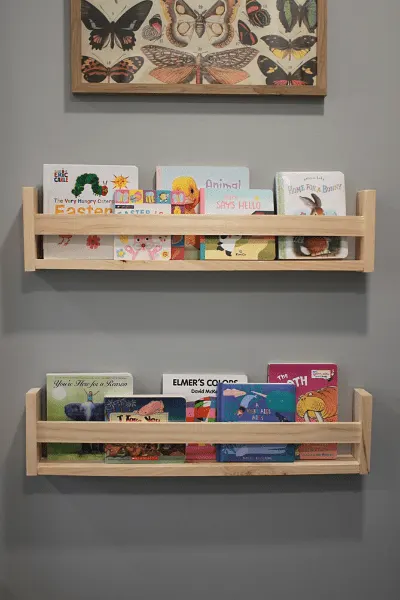
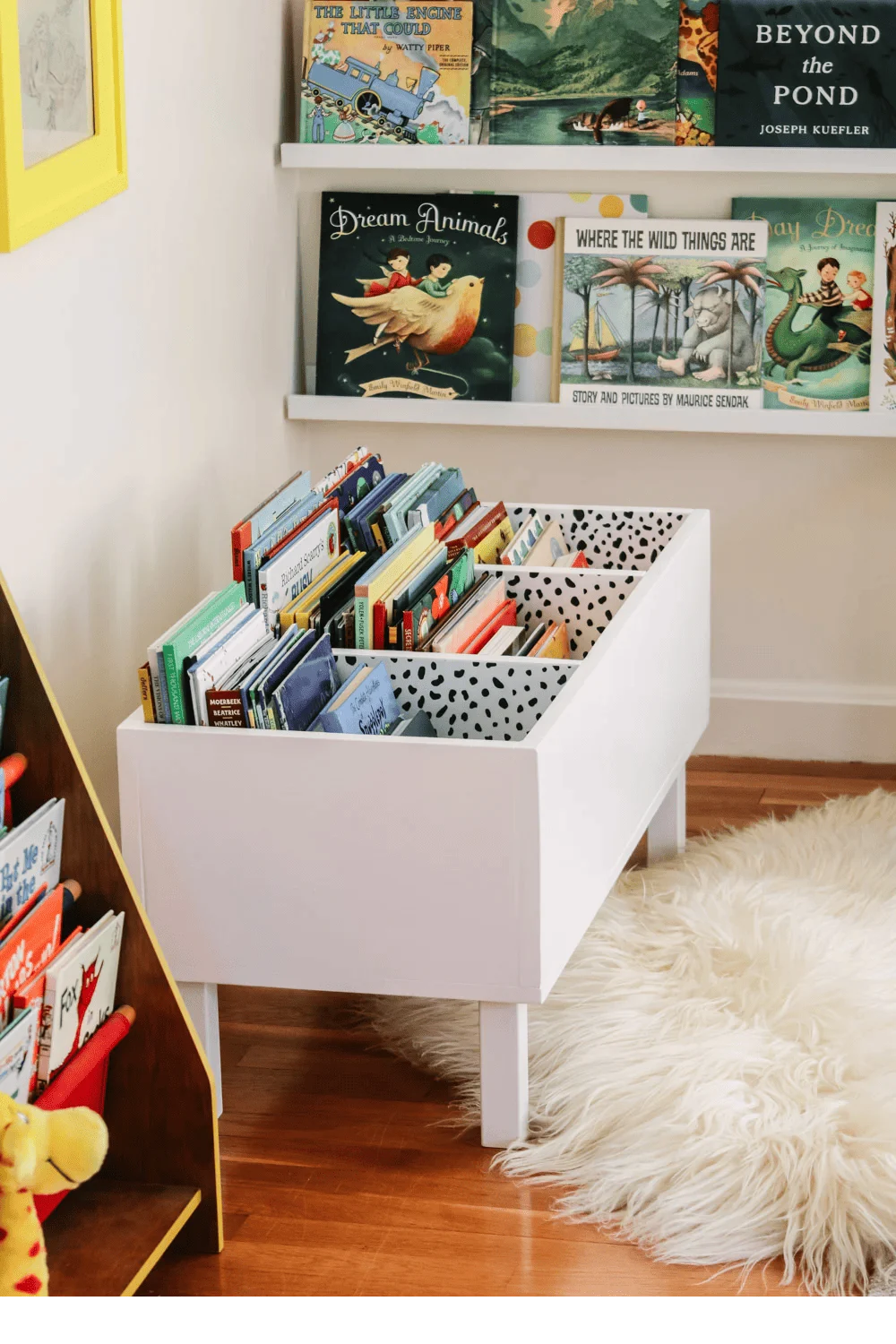
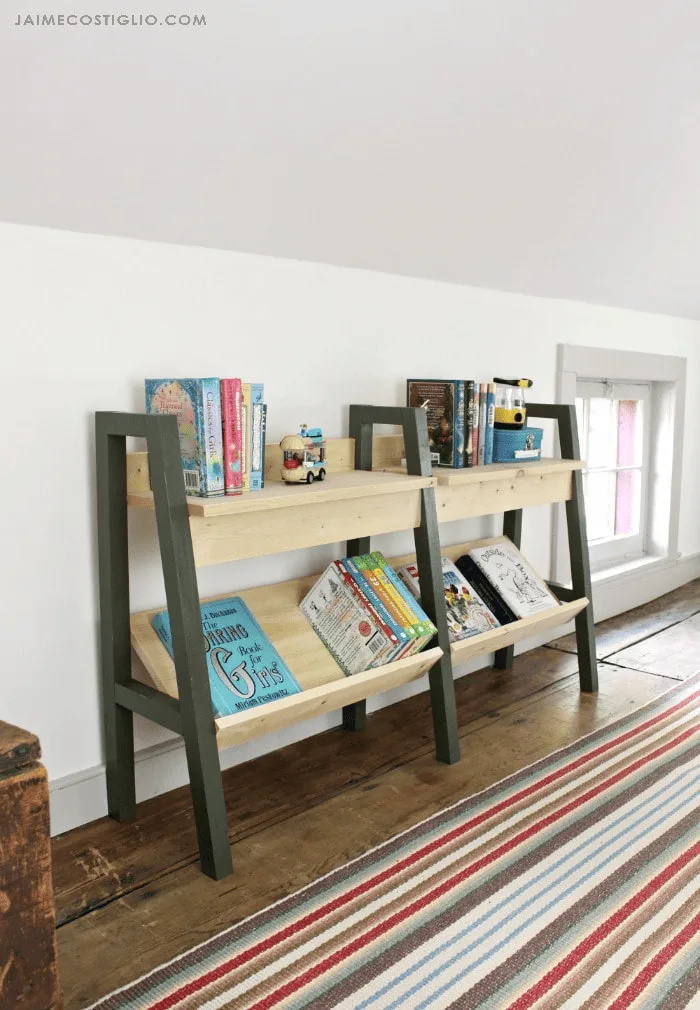
How to build bookshelf and toy storage for kids
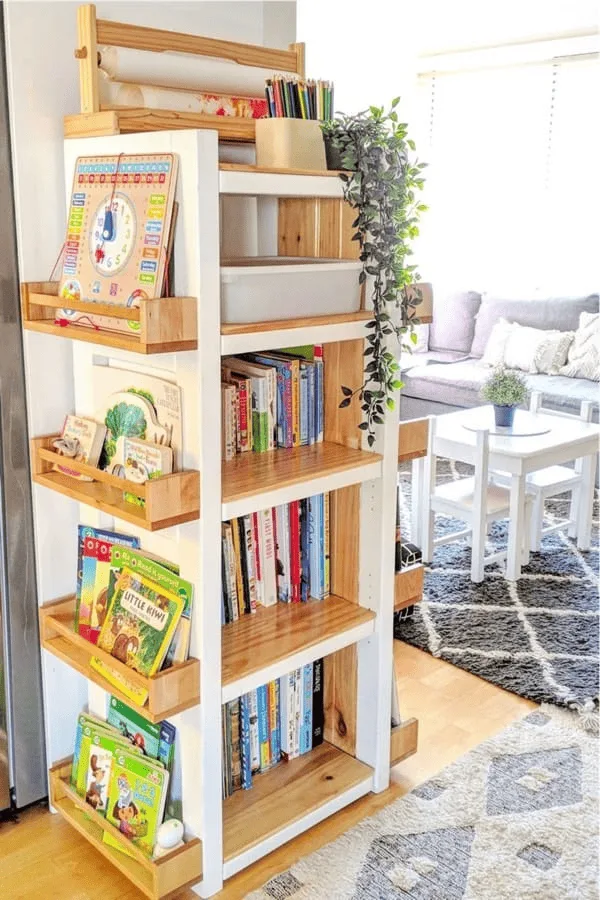
Three sided bookshelf (Photo: The Owen Chronicles)
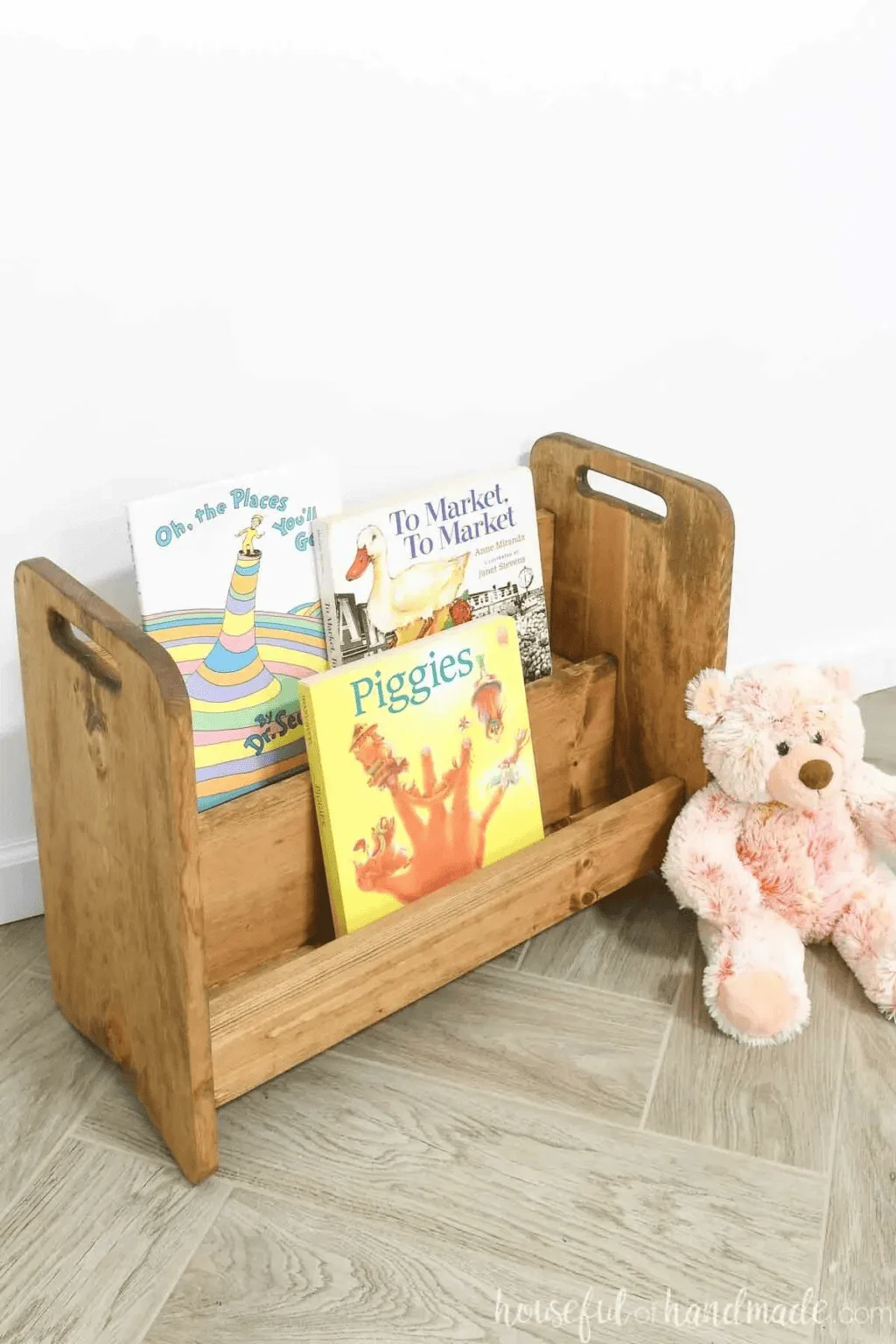
Easy Montessori bed
A Montessori bed is not your typical bed. It is designed to be low to the ground, allowing your child to easily climb in and out of bed independently. This not only promotes a sense of autonomy but also encourages them to become more self-reliant and responsible for their own sleep routines.
The beauty of a DIY Montessori bed is that you can customize it. Whether you prefer a simple and minimalist design or want to add some personal touches, you have the freedom to create a bed that reflects your child’s personality and style.
RELATED: How to fix holes in kids pants
RELATED: DIY to Try # Toy storage
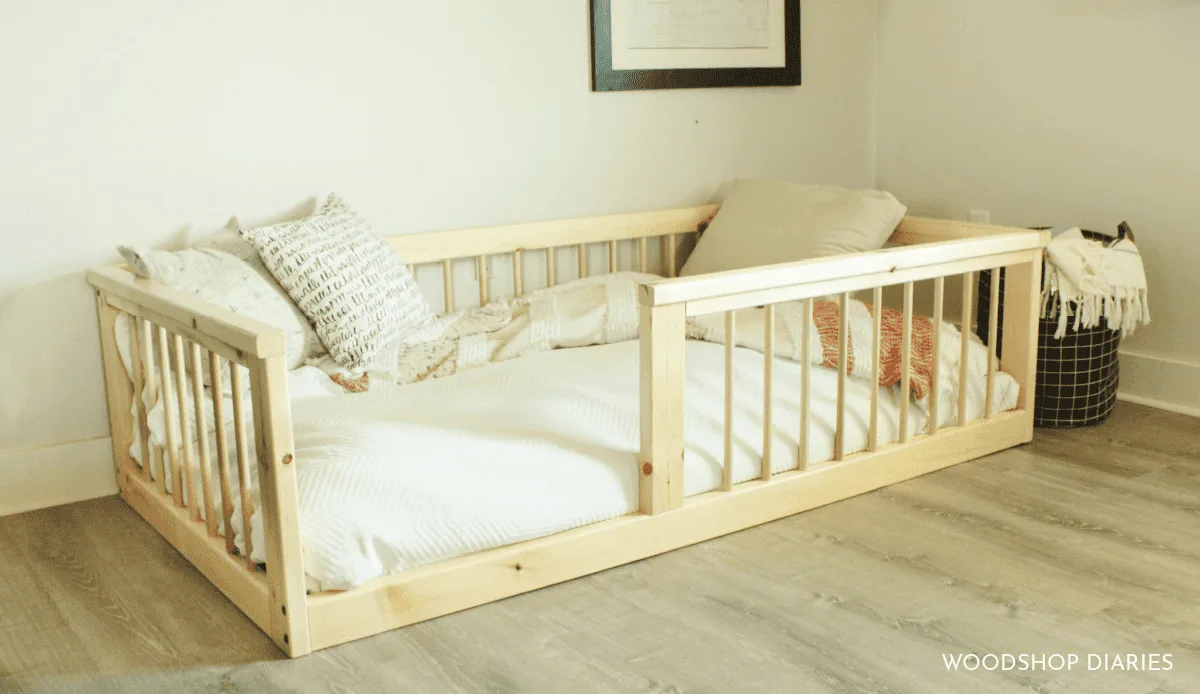
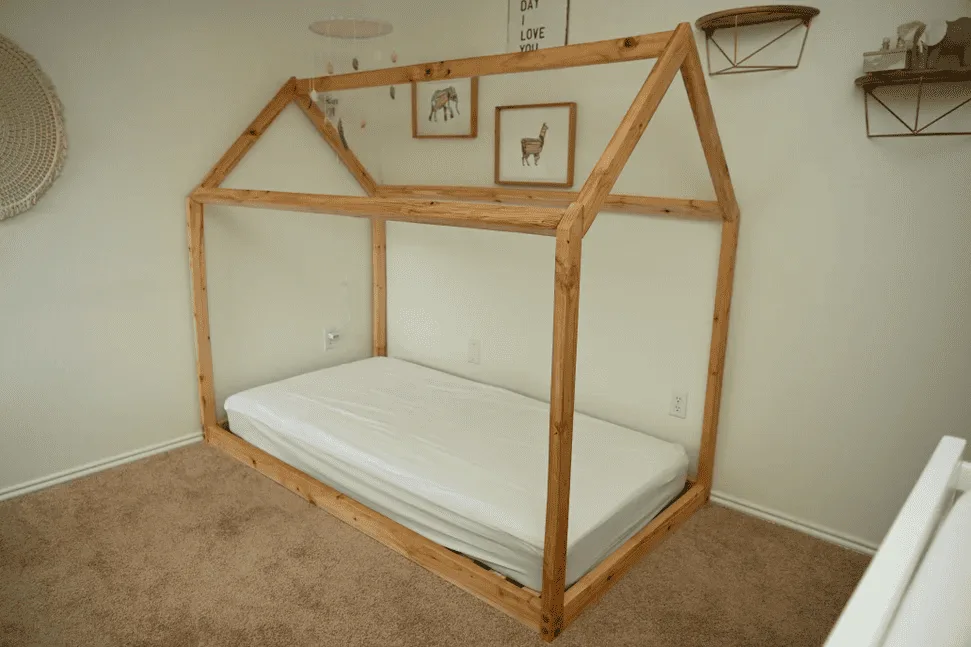
DIY house shaped Montessori bed
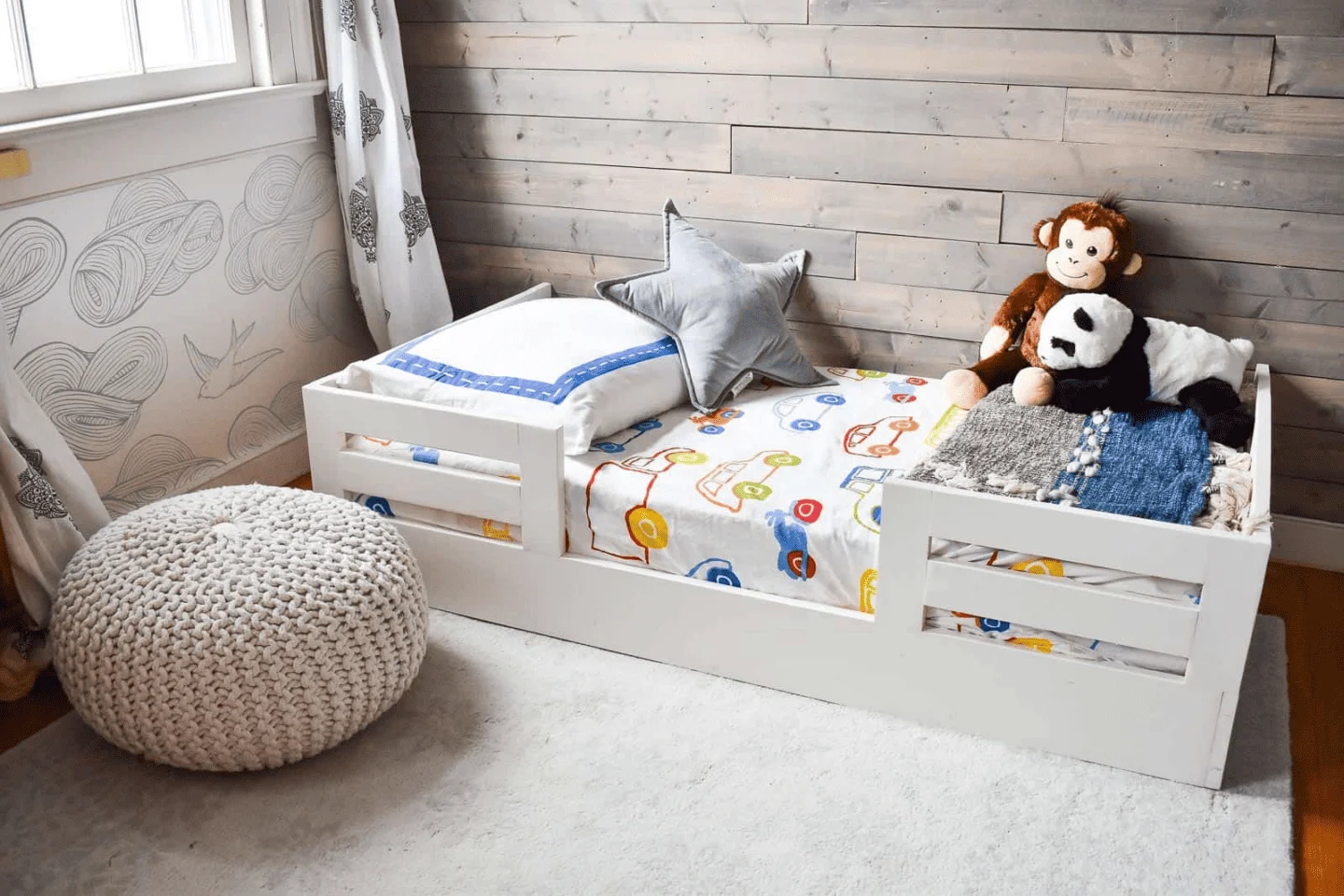
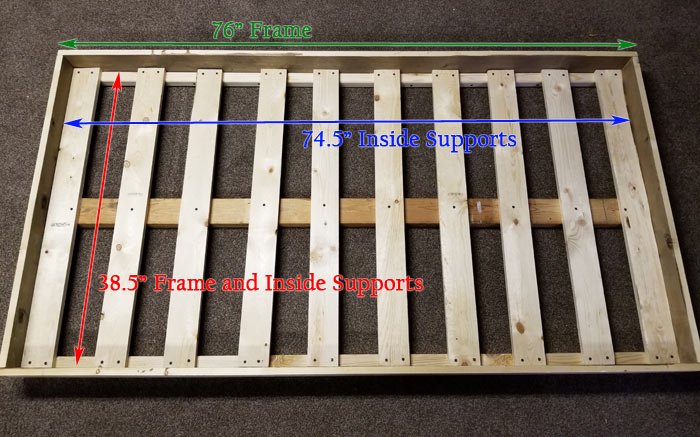
Easy to build Toddler floor bed frame
In conclusion, embracing DIY Montessori materials is the key to unlocking your child’s full potential. Throughout this article, we explored the benefits of homemade Montessori materials, from toys to board games, mirrors, bookshelves, and even beds. By creating these personalized learning tools, parents can foster independence, concentration, and an enduring love for learning in their children.
As you embark on this journey of DIY Montessori materials, remember that it is not just about the end product but about the process itself. It is an opportunity to bond with your child, to engage in their learning journey, and to witness firsthand the incredible impact these materials can have on their growth and development.
So, why wait? Start exploring the world of DIY Montessori materials today and unlock their potential.
Want to remember it? Save these DIY Montessori ideas on your favorite Pinterest board
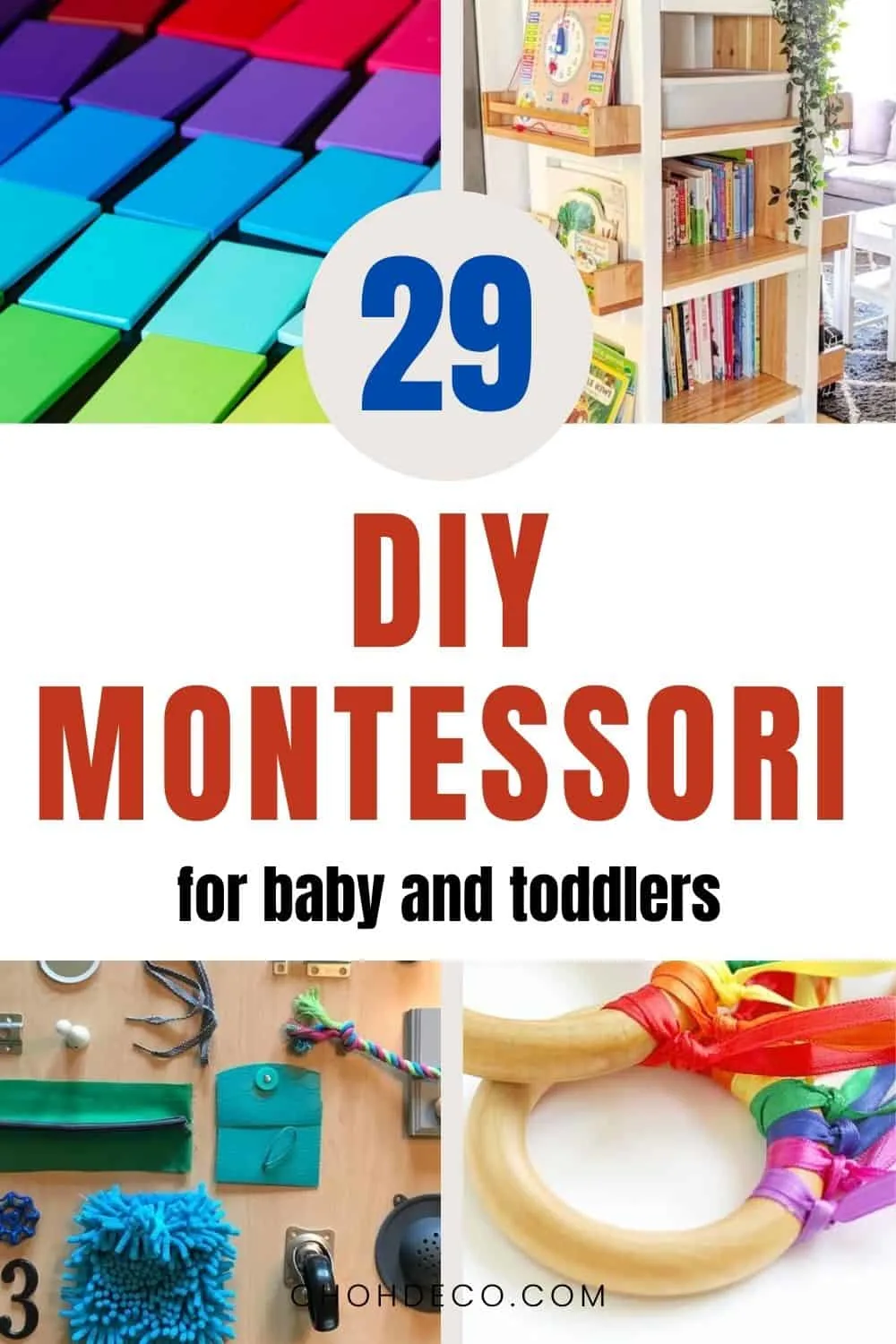
Amaryllis
Credit : Source Post






